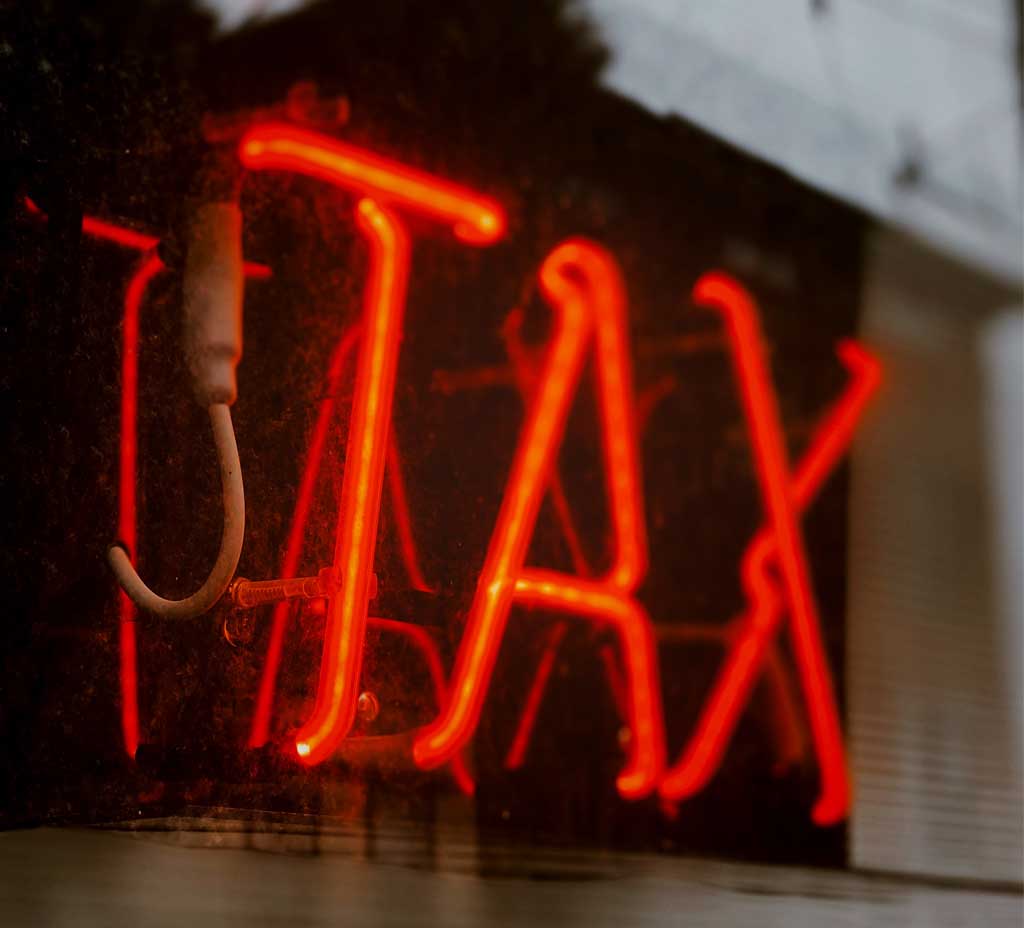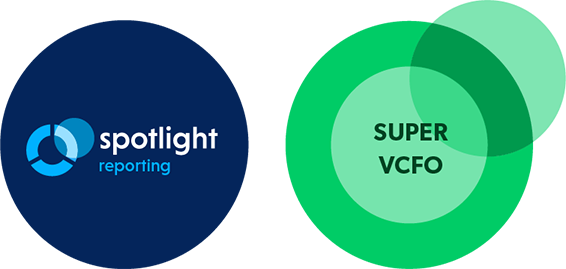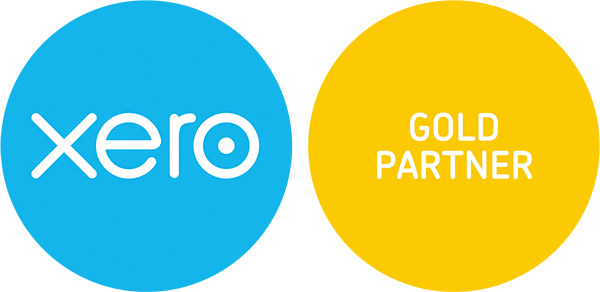HMRC is Cracking Down on Side Hustles
There’s been a bit of a commotion recently from people who sell their old clothes on sites such as Vinted and Ebay. The reason being that it was recently announced that with effect from 1st January this year that these online platforms would need to start passing information about you onto HM Revenue & Customs (HMRC).
Many have vented their frustrations online, shocked at how they would now need to pay tax on selling clothing items they no longer wanted.
The truth of the matter is that besides the automatic reporting, the rules haven’t actually changed. And those who know the rules, will know there isn’t anything to worry about.
What’s been announced?
With effect from Monday 1 January, “digital platforms” such as Vinted, Ebay and Etsy now have to collect extra information about sellers, including – crucially – how many sales they’ve made and how much income they’ve generated. As well as these digital platforms, it also includes service providers such as Airbnb, Deliveroo and Uber.
Is this a new tax?
No. The rules around who pays tax on earnings made from digital platforms have NOT changed. If you didn’t owe any tax on these earnings before, and you continue to use these platforms the same way, you won’t have to start paying tax on them now.
What has changed is that HMRC will be able to find out what people are making on digital platforms more easily. The idea is that HMRC believe there have been many people making small additional incomes but not declaring it. Rather than relying on the individual to confirm it, instead HMRC are asking the platform to do so.
Do I now have to pay tax from selling my old clothes?
If all you’re doing is selling goods online, firms will ONLY pass on data to HMRC automatically if you’re selling 30 or more items a year OR have total earnings over the equivalent of €2,000 (currently around £1,700).
The new rules are designed to capture those who are running a ‘side hustle’, not those selling the odd unwanted item.
The trading allowance
If the total amount you earn via a platform in a tax year is £1,000 OR LESS, you probably don’t need to tell HMRC or pay any extra tax. This is because you’re likely covered by what’s known as the ‘trading allowance’. This entitles you to earn up to £1,000 tax-free without having to report the income to HMRC or pay any income tax on it.
An important point to be aware of here – what counts here is the income before any platform fees are taken off – NOT what you end up with in your bank account.
In conclusion
The announcements have certainly caused a bit of a stir. However, as can often be the case, this is due to reading the headlines and not the detail. For most people nothing has changed. If you just sell the odd item online, there will be no impact on you.
If, however, you do sell regularly online or generate sufficient income, this may impact you. It’s essential you speak to someone such as ourselves to understand if you need to declare your income through self-assessment and pay tax on it.
The platforms will have to start automatically sharing this information with HMRC by 31 January 2025 – the first batch of data-sharing will cover the current 2024 calendar year, which is why it’s worth getting on top of it now.
If you have any questions or would like further information, please get in touch. We’d love to hear from you.





